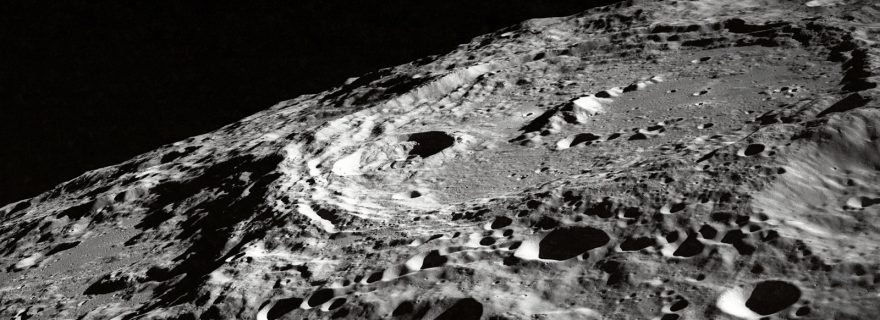Artemis Accords: Star Trek or Star Wars?
Ownership of space resources is contentious under international space law. Is the move by the US to gather international cooperation on this issue a viable solution?
Who owns space resources?
Does a State, international organisation or private company have the right to recover and use space resources? At this stage, there is no clear understanding at the international level. Article II of the Outer Space Treaty (OST) merely states that ‘outer space is not subject to national appropriation by claim of sovereignty’. It is silent about recovery or use of space resources through means other than territorial ownership. However, over the past few years, there has been a movement to adopt national legislation in order to encourage space resource commercialisation and utilisation. The US, Luxembourg and the UAE have introduced specific legislation in 2015, 2017 and 2020, respectively. Moreover, such a trend is likely to accelerate because of the Executive Order released by the White House on 6 April 2020.
The new frontier
The Executive Order encourages commercial exploitation, recovery and use of off-Earth resources. In furtherance to that, the US administration is now drafting the Artemis Accords, a multilateral pact aimed at fostering international support for the ‘public and private recovery and use of resources in outer space, consistent with applicable law’. Named after NASA's Artemis lunar exploration programme, the pact seeks to facilitate a collaboration of like-minded spacefaring nations. It prescribes a framework for claiming ownership of mined resources pursuant to title IV of the Commercial Space Launch Competitiveness Act. Article IX of the OST, places an obligation on States to seek international consultation before proceeding with any activity or experiment that could cause potentially harmful interference with space activities of other State parties. Presumably in furtherance of that, the Artemis Accords propose the establishment of ‘safety zones’ outside the perimeter of future moon bases to preclude damage or interference from contenders operating in close proximity. The Accords explicitly decry the Moon Agreement which stipulates that celestial bodies shall be considered ‘common heritage of mankind’ and prohibits ownership of space resources.
Is space a global commons?
The Executive Order explains the US position on outer space not being a ‘global commons’. Accordingly, the US calls upon other space-faring nations to support public and private commercial harvesting of space-based resources. Not surprisingly, there are mixed reactions from Russia and China. The OST envisages benefits of space exploration to be extended to all nationalities, which is enshrined in the overarching principle of freedom of use and exploration of outer space. However, it is not explicit on how the benefits are to be distributed, that is, whether space is a ‘commons for use by all’, thus, owned by none, or a ‘commons owned by all’, whereby, ownership rights of one affect the rights of others. The Artemis Accords might be the driving force the international community needs in order to avoid a ‘tragedy of the commons’ in space.
Sharing of benefits
Benefit-sharing is an internationally recognised objective and the Artemis Accords are silent on how benefits arising from space mining can also be enjoyed by technologically disadvantaged States. To this end, the recently drafted Hague Building Blocks propose sharing of space science and technology, development of relevant and appropriate capabilities, establishment of an international fund and incentivisation of joint ventures. However, monetary benefit-sharing should not be mandatory according to the Building Blocks. A long-term solution is yet to be achieved.
Commercial benefits
From an industry perspective, ownership rights provide legal certainty to a high investment initiative, which yields profit only in the last stages. Pursuant to this, the US saw a venture capital investment of USD1.8bn in 2015 double the total venture capital invested in the US space industry in the preceding 15 years. In Luxembourg, more than 10 space mining companies are now legally domiciled and the Ministry has been contacted by more than 200 companies that are interested in space resources. Presently, approximately 2% of the GDP of Luxembourg can be attributed to space activities.
An era of enterprise rights?
As written in the seminal book of Lyall and Larsen, Space Law: A Treatise, ‘title is recognised to fish, ownerless when in the high seas, but readily sold by fishermen on shore’. Similarly, the rights to extracted space resources should be seen as enterprise rights rather than ownership rights. There are many instances where resources are utilised without a simultaneous claim of ownership in the physical area or location such as offshore oil platforms, grazing rights, logging rights, and satellite orbits. As speculations galore, whether the ten proposed principles of the Artemis Accords are detrimental to international space law is yet to be seen.



0 Comments
Add a comment